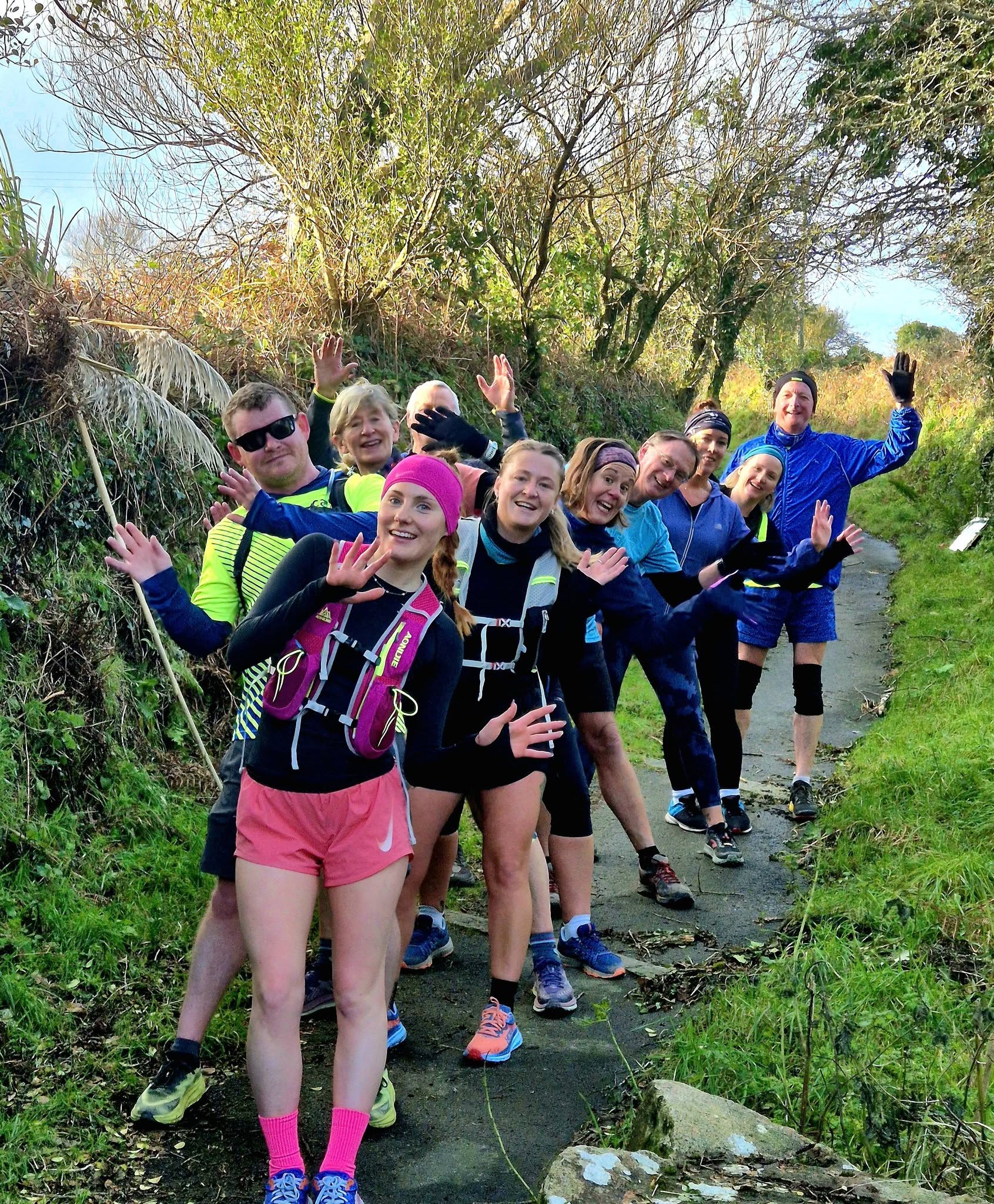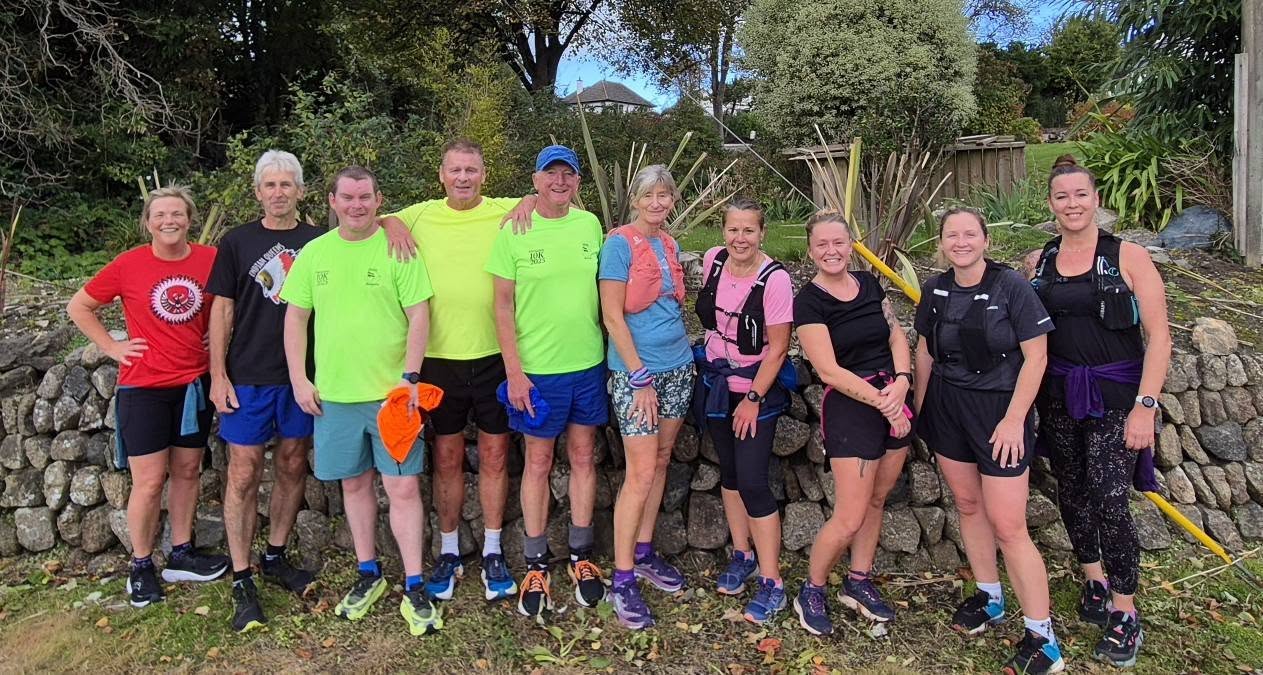Running Terms Explained – From Fartlek to Tempo 🏃♀️🧠
If you’ve ever heard someone mention “tempo runs” or “strides” and nodded along without a clue, you’re not alone. Running is full of jargon that can feel confusing when you’re just getting started.
So here’s your no-nonsense, friendly guide to common running terms, what they mean, and how they fit into your training.
Fartlek
Swedish for “speed play,” a fartlek run mixes bursts of faster running with easy effort recovery. There’s no set structure – it might be as simple as “run hard to the next lamppost, jog to the corner.”
👉 Why it helps: Builds speed and endurance while keeping runs playful.
Tempo Run (or Threshold Run)
A sustained run at a “comfortably hard” pace – usually just below your 10K pace. It feels tough, but manageable.
👉 Why it helps: Improves your lactate threshold – making you faster over longer distances.
Intervals
Short, repeated efforts at high intensity, with rest in between. For example: 6 x 400m with 90 seconds recovery.
👉 Why it helps: Boosts speed, strength and cardiovascular fitness.
Strides
Controlled sprints around 80–100 metres, done after an easy run or as part of a warm-up.
👉 Why it helps: Improves form, leg turnover and neuromuscular coordination.
Easy Run
Exactly what it sounds like – a relaxed pace where you can hold a conversation. No watch-staring required.
👉 Why it helps: Builds base fitness and supports recovery.
Long Run
Usually your longest run of the week, done at an easy pace. The backbone of most distance training plans.
👉 Why it helps: Builds endurance, mental strength, and fuels aerobic development.
Cadence
The number of steps you take per minute (SPM). Higher cadence can mean more efficient form.
👉 Why it helps: May reduce overstriding and lower injury risk.
Negative Split
Running the second half of your run faster than the first.
👉 Why it helps: Teaches pacing and can lead to stronger race finishes.
VO2 Max
A measure of the maximum amount of oxygen your body can use during intense exercise. Sometimes shown in watches/apps.
👉 Why it helps: Indicates cardiovascular fitness level.
Recovery Run
A short, easy run usually done the day after a hard effort.
👉 Why it helps: Promotes blood flow and reduces soreness without adding strain.
Don’t Worry If You’re Still Learning
At Carn Runners, we use a lot of these terms – but we’ll always explain them in person if you’re not sure. Running is for everyone, and there’s no need to speak the lingo to get started.
💬 Got a term you’ve heard but don’t understand? Drop us a message or ask at your next club night!





